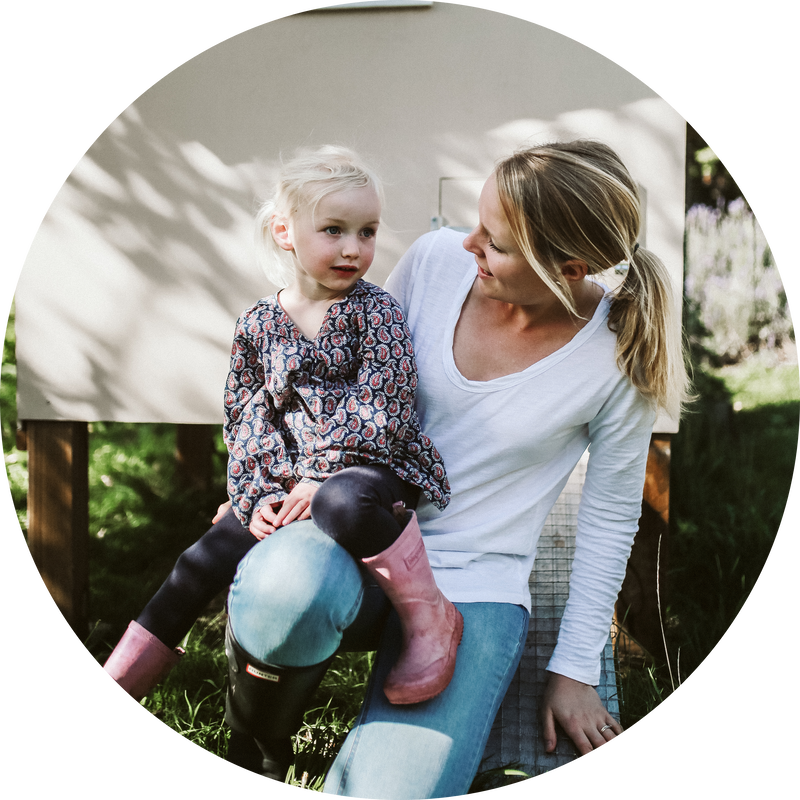|
In 2007 the Oxford English dictionary removed 50 nature related words from their junior publication. The list of deleted words included dandelion, conker, clover, heron, nectar, fern and willow. In their place, new words were added, words like blog, broadband, bullet-point, cut-and-paste and voicemail. The change was controversial. In the UK, a group of authors penned a joint letter urging the publishers to reconsider. But the publishers defended the purge. The decision, they argued, was based on comprehensive surveys of the words children use most in daily life. And they were not wrong. All over the world children are spending less time outside. Surveys by Planet Ark report that only 35% of Australian children play outside every day. As a result, Australian children are some of the least active in the world. One-third of preschoolers have their own tablet or smartphone and infants are spending—on average—two hours a day in front of screens. Which leaves little time for digging in the mud or climbing a tree. And yet, many of us feel uneasy about the disappearance of nature from our children’s lives. My husband and I certainly did. In 2016, we began to wonder if there was a way to change things. We wanted to know if it was still possible to give our children a nature-rich childhood. On the 1st May 2016, we came up with a plan that we hoped would do just that. We decided to take our children outside for three hours every day for a year. Almost immediately we were surprised at how happy our kids were outside. They loved going out. They played together, they climbed trees with low branches, they rode their trikes in the street. When it was raining, they splashed and jumped in puddles. Outside they moved their bodies constantly. We noticed them get stronger, more competent and confident. In the afternoons, after being outside all day, they were tired and calm. They would sit still at the table and eat their dinner, without complaining. Then they would go to bed happily—sometimes falling asleep on my lap during the last story. I started to notice they didn't argue outside. One day we met some friends at a playground built in a patch of remnant bushland. In the group, there were at least nine children—ranging in ages from six months to six years. The weather was perfect, so we stayed all day. The parents sat on a wooden picnic table chatting while the kids raced up and down, underneath the giant Blackbutt trees. When we got in the car to drive home I realised there hadn't been a single argument all day. I tried to remember the last argument my children had had, with any other child—I couldn’t. By Christmas, our lives had completely changed. When the toy-catalogues arrived in the mail, I tossed them straight in the bin. I knew that outside, my children played more creatively and collaboratively. I knew that sand, sticks and pebbles were better than any plastic toy. We gave the kids a new bike and some books and I avoided the shopping centres. We decorated the house with pine cones and silver-grey eucalyptus branches. The holiday season seemed calmer. We all felt less stressed, more connected and grounded. Our goal was to spend three hours outside every day. And—apart from a handful of days of sickness or interstate travel—we did it. In total, between May 2016 and April 2017, we spent close to 2000 hours outside. The problem with a childhood light on conkers, ferns and herons is that it is a childhood of disconnection. Many of the activities that now fill a child’s days are solitary and sedentary. And the move indoors is associated with a decline in health and well-being. Today 1 in 4 children is overweight. Depression and anxiety are increasingly diagnosed in childhood. And it is thought that today’s generation of children will be the first who don’t outlive their parents. At the beginning of Our Year Outdoors, our children didn’t know the names of the birds on their roof or the flowers that grew through the cracks of their pavement. They also didn’t know the names of the other children who lived across the street. But things have changed. Our Year Outdoors has taught us that, a nature-rich life is still possible. And that the simple act of stepping outside—can change everything. Parenting doesn’t have to be overwhelming, I’ll help you find a simpler way so you can deepen your connection with the ones you love. Sign up for my free course, or get my 1-2-3 newsletter in your inbox each week.
3 Comments
Sara
14/8/2017 10:51:57 am
This is so encouraging! Childhood can be nature-rich and when it is, it brings a depth of richness in all other areas too. Love this idea and your commitment to raising healthy children outdoors. Thank you for your insight.
Reply
Natalie
6/12/2017 10:47:50 pm
I’m very inspired by your passion for the outdoors!
Reply
Katherine
20/5/2018 02:17:48 pm
Have you seen this book? It was inspired by the removal of words from the UK children’s dictionary.
Reply
Leave a Reply. |
Hi, I'm HannahI write about parenting, simplicity, nature and play. Categories
All
|


